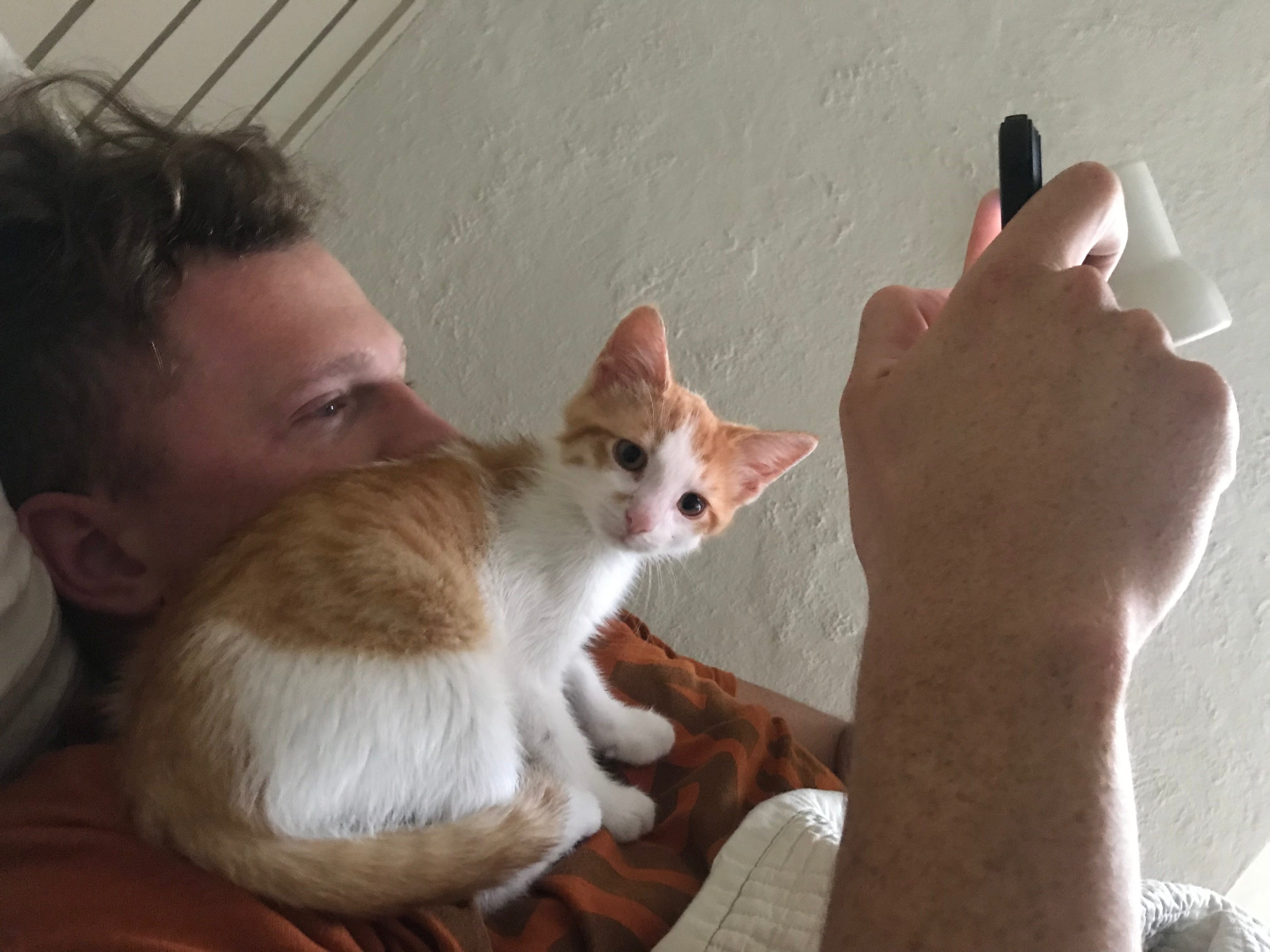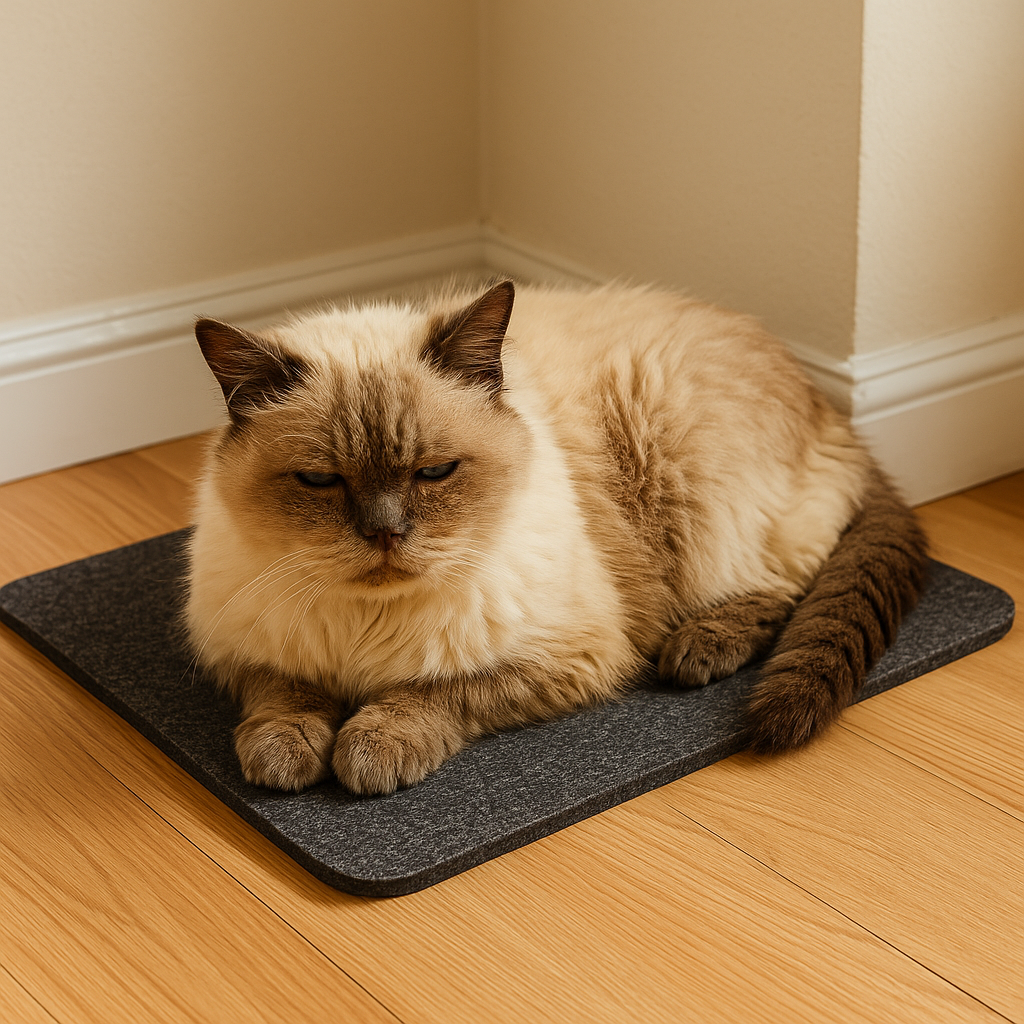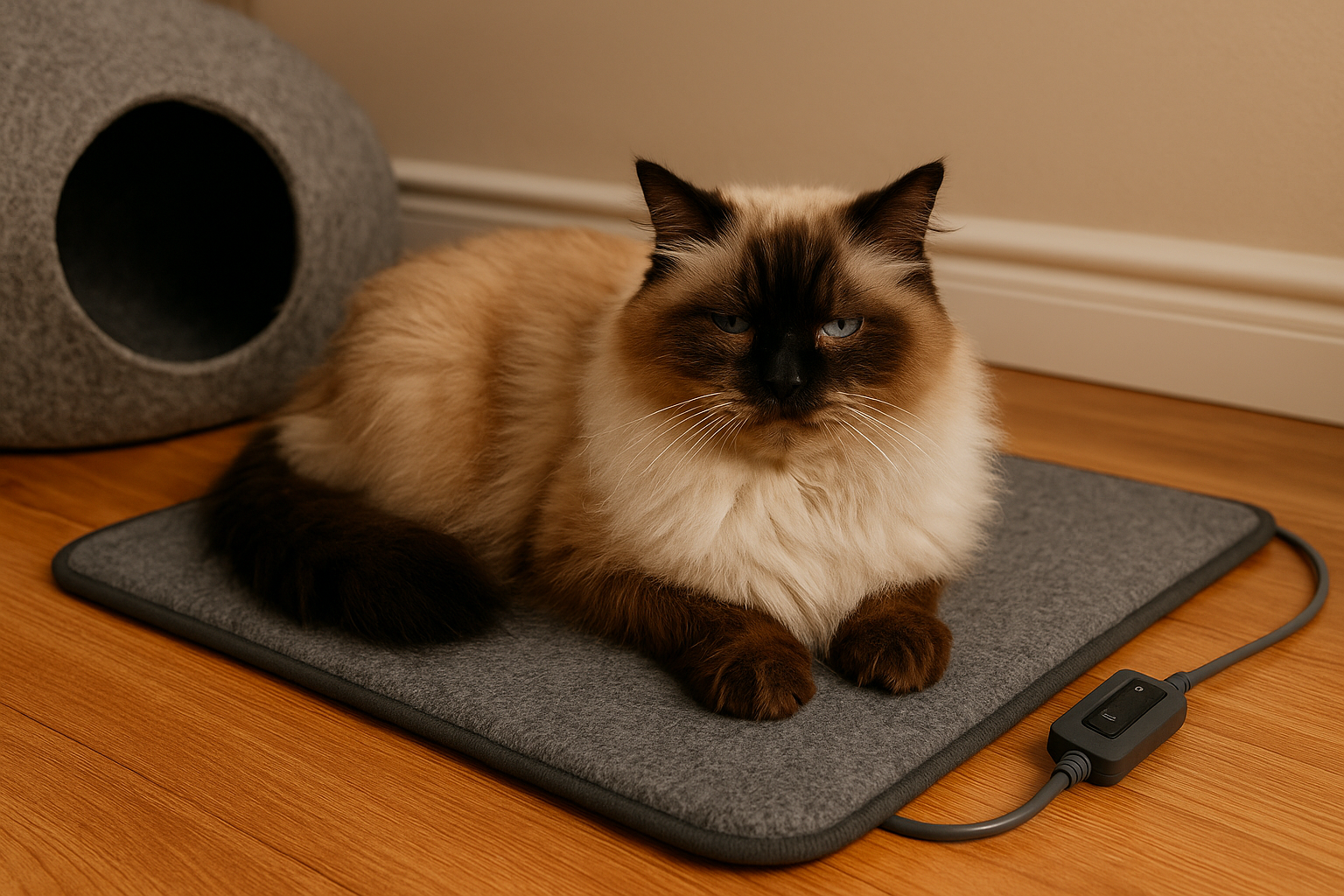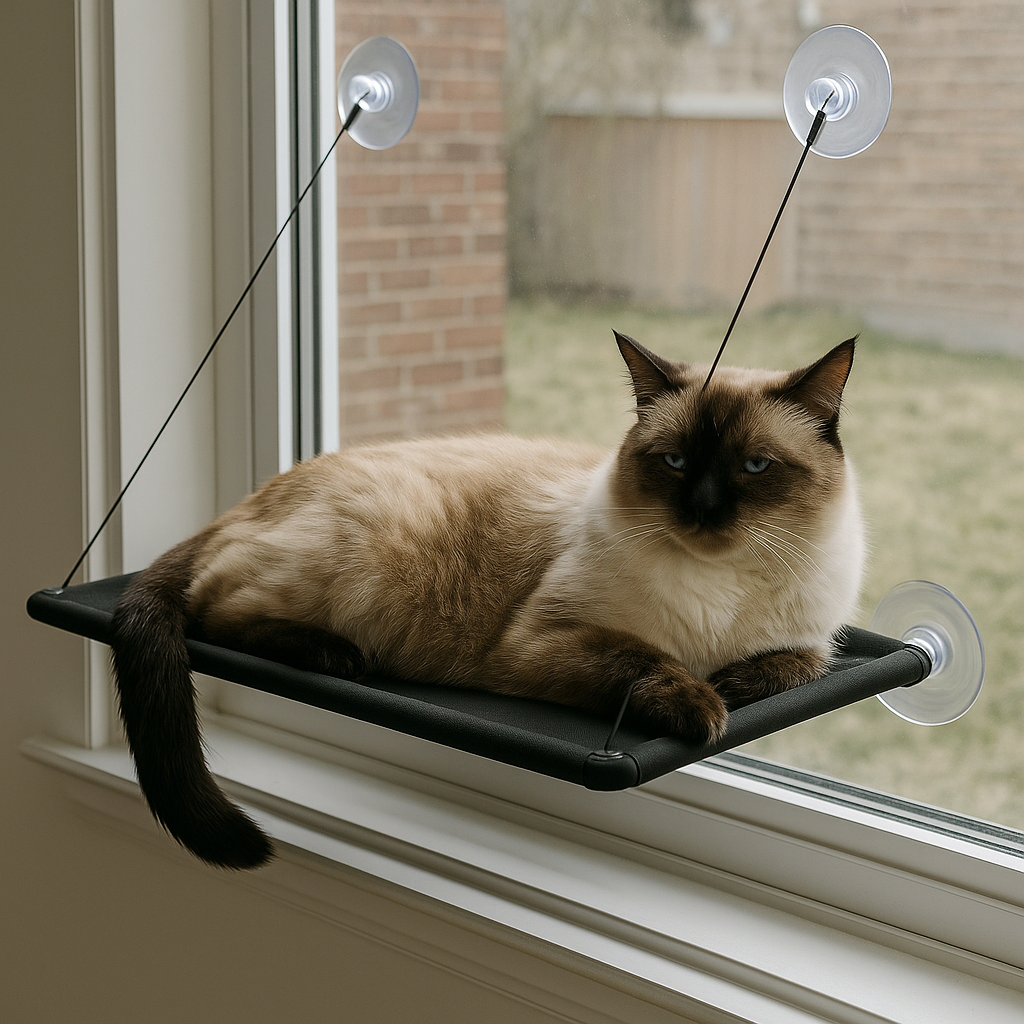Syringe Feeding Cats 2025: Risks & Why Vet Guidance Matters 🐱
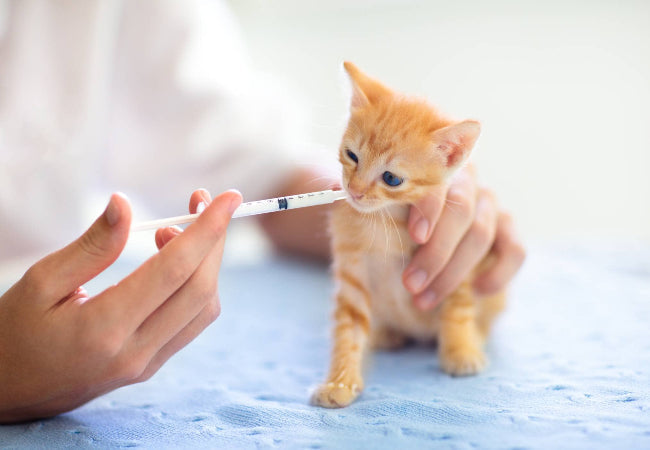
In this article
Syringe Feeding Cats 2025: Risks & Why Vet Guidance Matters 🐱
By Dr. Duncan Houston BVSc
It can be worrying when your cat stops eating, and as a pet parent, you might consider syringe feeding to ensure they get nutrition. While syringe feeding can sometimes be necessary, it carries risks and should never be done without proper guidance. Here’s what you need to know.
⚠️ Risks of Syringe Feeding Your Cat
Feeding a cat with a syringe may seem straightforward, but cats are delicate creatures. Doing it incorrectly can lead to complications:
-
Choking 😮💨
Cats have a small and narrow throat, making them prone to choking if the syringe is inserted too quickly or at the wrong angle. -
Injury 🩹
Forceful or improper syringe insertion can damage the delicate tissues in your cat’s mouth or throat. -
Stress and Anxiety 😿
Cats can become anxious or stressed when subjected to forceful feeding, which may worsen their appetite or cause behavioral issues. -
Incorrect Dosage or Formula ⚖️
Administering the wrong amount of food or medication can negatively affect your cat’s health.
🩺 Why Consulting a Veterinarian Is Crucial
Instead of immediately syringe feeding, a vet visit is important to identify the root cause of your cat’s lack of appetite.
-
Addressing the Underlying Cause 🔍
Loss of appetite may signal illness, stress, or dietary issues. Identifying the cause is the first step toward effective treatment. -
Proper Diagnosis and Treatment 🧪
Veterinarians can perform exams and tests to pinpoint health problems, such as kidney disease, dental issues, infections, or gastrointestinal disorders. -
Tailored Recommendations 📝
Based on the diagnosis, your vet can recommend specific treatments, medications, or dietary adjustments to restore your cat’s appetite safely. -
Safe and Effective Syringe Feeding ✅
If syringe feeding is necessary, your vet will provide step-by-step instructions to minimize risks like choking, injury, or incorrect dosing.
💡 Key Takeaways
-
Never attempt syringe feeding without veterinary guidance.
-
Appetite loss in cats can indicate serious underlying health issues, so prompt vet evaluation is critical.
-
Syringe feeding, when done under professional supervision, can be a safe way to provide nutrition temporarily.
-
Always focus on identifying the root cause rather than just treating the symptom.
💖 Bottom Line:
A cat not eating is a red flag. While syringe feeding might seem like a quick solution, it can carry serious risks if done improperly. Consulting a veterinarian ensures your cat receives safe, effective care while addressing the underlying cause of appetite loss.




